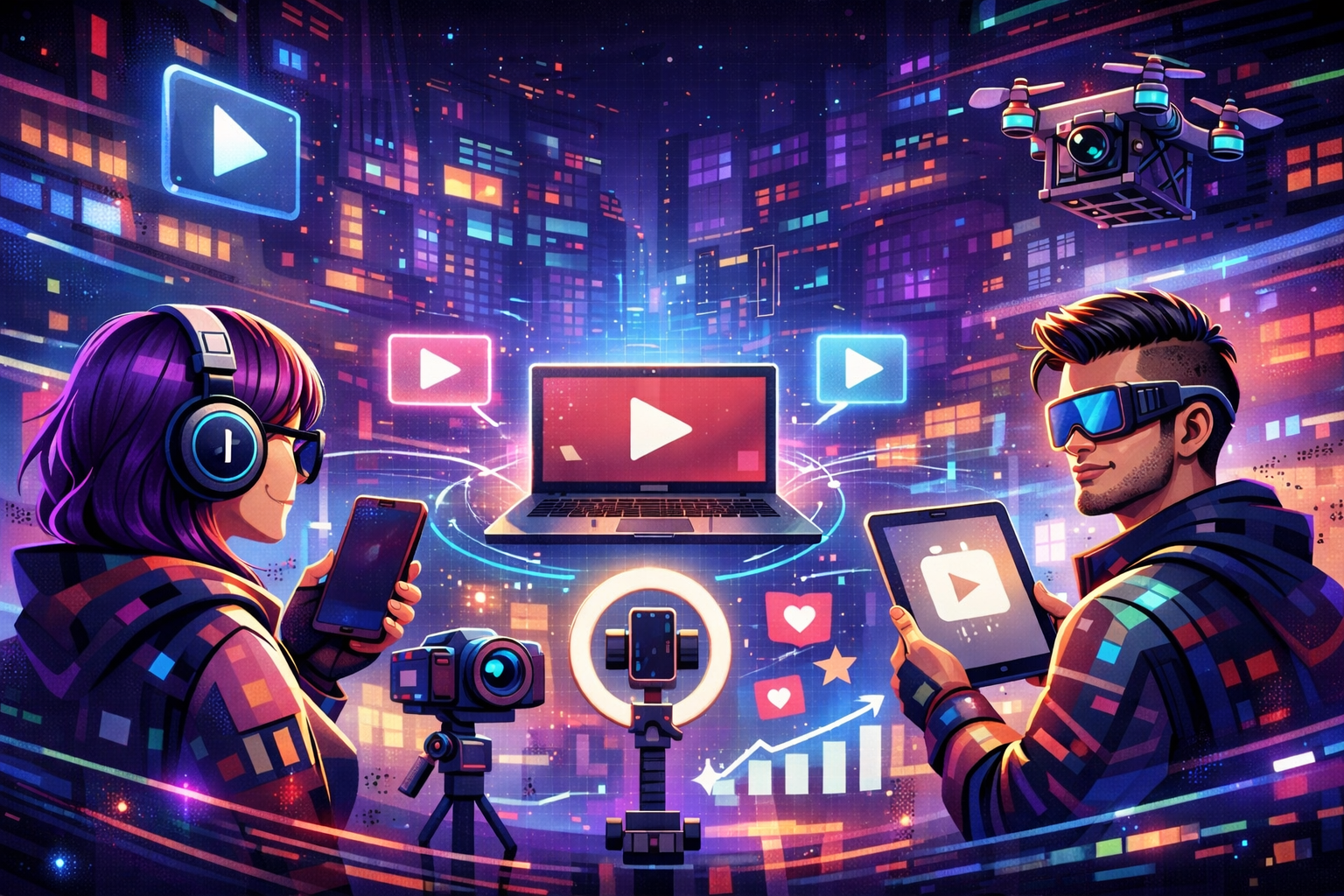In the digital age, the influence of artificial intelligence (AI) has grown immensely. Its transformative power is evident across various industries, including content creation. Google, a tech giant renowned for its commitment to delivering helpful information, recognizes the potential of AI in this sphere. In this article, we’ll delve into how AI-generated content aligns with Google’s enduring approach to providing valuable content on its search platform.
Rewarding Quality Content, Regardless of Its Origin
Demographic targeting is a powerful feature in Google Ads that allows you to target your ads to specific groups of people based on characteristics such as age, gender, income, education level, and more. By narrowing down your audience in this way, you can ensure that your ads are seen by the people who are most likely to be interested in your products or services.
Demographic targeting is particularly effective for businesses that have a clear understanding of their ideal customer. By targeting specific demographic groups, you can tailor your message to appeal to their unique needs and preferences, increasing the likelihood that they will click on your ad and take action.
The Evolution of Google's Approach
Google’s commitment to rewarding quality content extends to its ranking systems, which aim to surface dependable information. In 2022, the introduction of the helpful content system marked a pivotal moment. This system was created to ensure that the content users find is primarily crafted for people’s benefit and user experience, not just for search ranking purposes.
The Role of Automation in Content Creation
Automation, including AI, can play a significant role in content creation. However, it’s essential to distinguish between its responsible use and its potential for misuse. Google’s stance is clear: using automation or AI to manipulate search rankings violates their spam policies. Google has been combating spam and the misuse of automation for years, and it will continue to do so.
Nonetheless, not all automation, including AI-generated content, is considered spam. For example, if you use AI as an assistant when writing your company blog posts and adding your expertise during this process, you should be rewarded and not punished but Google Search Engine. Automation has been instrumental in providing helpful information, such as sports scores, weather forecasts, and transcriptions. AI has the potential to elevate content creation to new levels of creativity and expression.
Google’s commitment to empowering people with new technologies remains unwavering. They will maintain a high bar for information quality and the overall helpfulness of content on their search platform while encouraging responsible automation and AI use.
Advice for Content Creators Considering AI-Generated Content
Regardless of how content is produced, success in Google Search demands the
creation of original, high-quality, people-centric content that demonstrates experience, expertise, authoritativeness, and trustworthiness (E-E-A-T). Creators can familiarize themselves with the concept of E-E-A-T on Google’s “Creating helpful, reliable, people-first content” help page.
Additionally, the page now provides guidance on thinking about “Who, How, and Why” in relation to content production. This framework is beneficial for creators, whether they employ AI-generated content or not, as it aligns with Google’s criteria for rewarding valuable content.
Conclusions
Google’s perspective on AI-powered content creation is clear: they value quality and helpfulness above all. While they discourage the misuse of automation and AI for ranking manipulation, they recognize the potential for these technologies to enhance creativity and expression in content. As a content creator, following Google’s guidelines and focusing on E-E-A-T principles can lead to success in Google Search.
FAQ
E-E-A-T stands for Expertise, Authoritativeness, and Trustworthiness. It is crucial for content creators as Google’s ranking systems prioritize content that embodies these qualities.
Content creators should focus on producing original, high-quality, people-centric content that demonstrates experience, expertise, authoritativeness, and trustworthiness (E-E-A-T). They can also refer to Google’s guidance on the subject.
Automation, including AI, can elevate content creation to new levels of creativity and expression. It can help content creators generate valuable and informative content efficiently.




